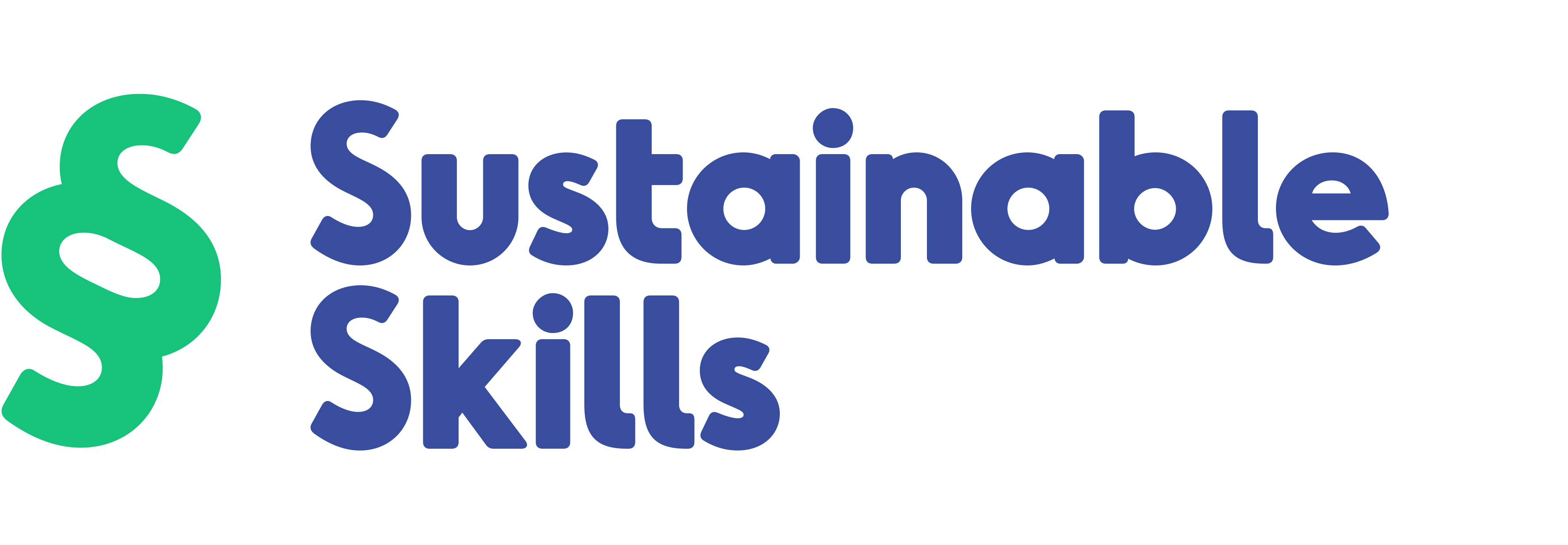Australians sometimes take for granted the excellent educational services and experiences available to us. Not only are they central to the progress of our community and its citizens, but they have become important contributors in an economy that has gradually moved toward an increasing level of service exports.
Yet, despite Australia’s success in attracting fee-paying foreign students, we have left untested very large opportunities to extend the value of our education capabilities and expertise.
For some time now the fastest growing economies of the world have been in formerly underdeveloped nations. Gradually, many of those nations have established stronger economic performance and slowly they have improved governance and other factors that attract the catalyst of larger scale investment. The opportunity becomes one of compounding growth and rising prosperity.
In country after country, Sustainable Skills has found a new apetite for skills training. Specifically, vocational training that has a high degree of alignment with industry demand and a practical design that supports the needs of low income communities. The Australian model, with its well established industry based competencies and modular course design, is very often the preferred choice for both qualitative and pragmatic reasons.
For example, Myanmar’s new democratic government has hoped to promote rapid economic improvement on the back of the removal of international sanctions. Yet it’s education system so far has been simply unable to provide skilled people. In the course of revising its entire education system, Myanmar’s Government elevated vocational education from nowhere to top of the list. As the nation’s most consistent long term supporter, Australia has an edge in what should become a dynamic growth market.
Even more obvious is the opportunity in Indonesia. President Widodo has elevated infrastructure investment to the top priority and has an enormous investment agenda. In this case it appears likely that a major constraint will be skills. Already, key projects like the Jakarta metro are heavily staffed by foreigners – a practice that Indonesia simply can’t sustain. Again, Australian vocational education is the preferred model.
Ethiopia, Vietnam, Malaysia, India and many other developing markets are looking for the means to fast track vocational education improvements. Not all of these opportunities is straight forward and no one would advocate a rush of investments in Australian-styled institutions is environments with very different economic and social drivers, not to mention much lower incomes. But the risks can be managed and the scale requirements beyond the initial capacity-building are manageable. Yet so far, most of the activity by Australian providers in these markets has a focus on accreditation, implying some of sort of local delivery of Australian courseware. This has been demonstrated time and again to be impractical.
Sustainable Skills has a menu of very interesting opportunities that we will continue to explore and develop. Each requires a local focus and strong guidance from experienced Australian specialists. This will take time, but we are confident that strong results will emerge from the application of that Australian expertise. We’d welcome partners or supporters in any of these projects.

